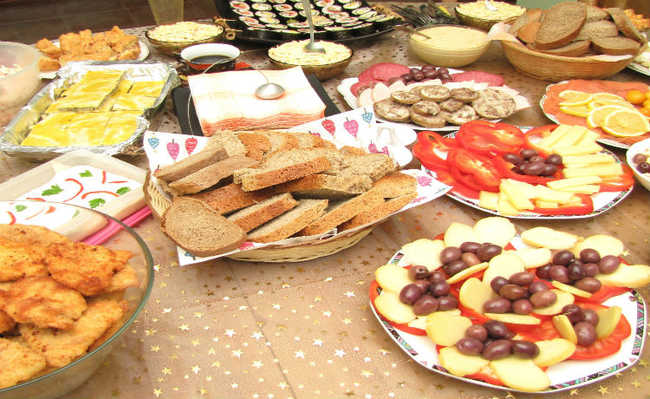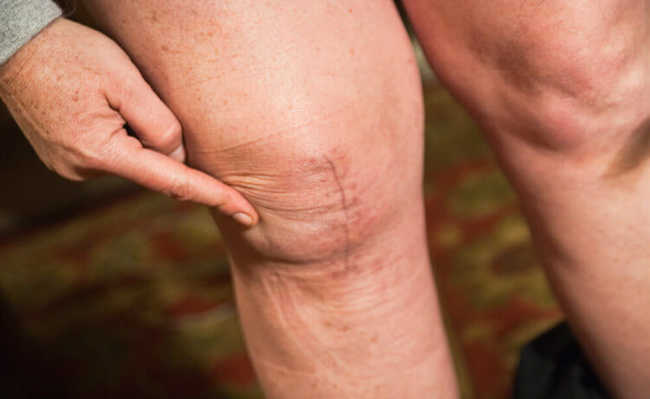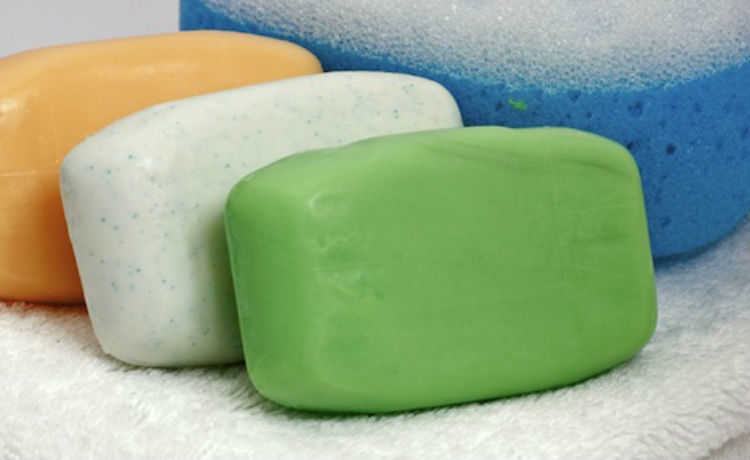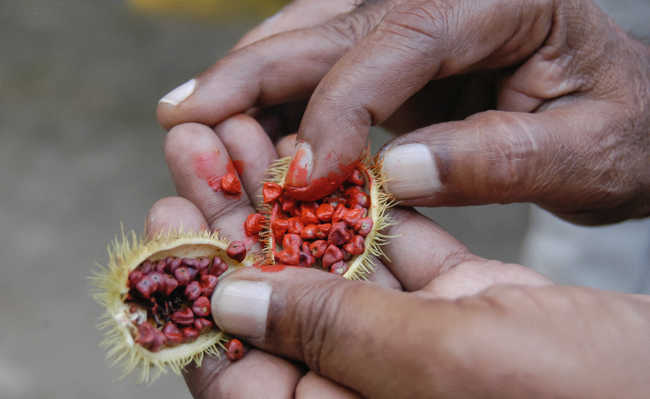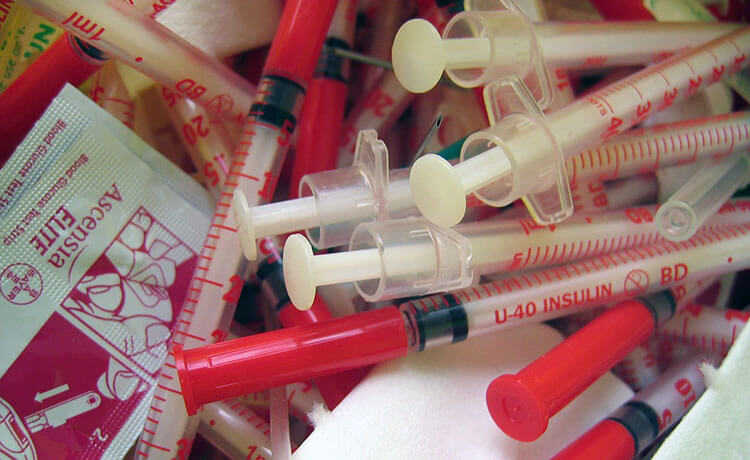Cassette and VHS Disposal
Find out what to do to organize and dispose of VHS and cassette tapes

The technology doesn't stop. In the music world alone, in less than 20 years, we've retired the vinyl record, the cassette tape and now almost nobody buys CDs anymore. VHS (Video Home System) and CDs.
Now, what for you is the junk at home. Almost everyone still has a pile of VHS or tape somewhere, and to organize the house it's “that soap opera.” First we must work up the courage to put an end to the mess, so check out the tips on the organized life blog. any way to fix it will have to go.
Put it in the trash, no way!
The tapes, both video and audio, are basically a plastic box, screws, paper label and black tape. This tape is responsible for the process of recording video and audio through magnetic printing, and as there is no way to separate magnetism and charge, it is not new that tapes contain high concentrations of metal.
The exact composition of the tape is a well-kept secret by the manufacturers, what we, consumers, need to be aware of is that that black tape, which we used to unscrew from the video, contains a large amount of heavy metal, more specifically: chromium and oxide. iron.
Chromium, in particular, when discarded incorrectly, has the potential to cause a serious environmental impact, the biggest problem being in water. The contamination occurs orally in humans, directly - drinking the contaminated water, or indirectly - through food. The second case is more serious, as heavy metals accumulate in food chains; therefore, the metal level from the algae is transferred to the fish and, consequently, can end up on our dinner table.
What to do?
The way is to recycle. The plastic case is made of rigid PVC or polypropylene and can be recycled. The black tape has to be incinerated. But don't set fires on your own, because besides the danger of burns, incineration gas emissions are powerfully toxic pollutants. Although there are few options for disposal of this type of material, specialized recyclers gather equipment capable of reducing this type of effect. One option may be to hire the services of these professionals. Even with few places that accept this type of object, there is the possibility of sending your cassette tapes and VHS to companies specialized in reverse manufacturing, and that without leaving your home, in which case there is a small fee for the service.
Creativity and solution
Since recycling or even initiatives for recycling materials present on the tapes are practically non-existent, the alternative is to donate the material. If your tapes (either cassette or VHS) are in good condition, make a donation to needy entities, libraries or even collectors.
Another option is to sell on sites like ebay and Mercado Livre. If your tape has recorded a classic film, historical show or documentary that is rare, do business with it.
Many designers are betting on this material to upcycle: a term used to create another product with the discarded material without going through the recycling process. Check out what they are creating out there, but pay attention! The eCycle team advises not to disassemble the K7 and VHS, as it is not known for sure about the risks of contamination due to physical contact between the magnetic tapes and human skin.
Survey: Silvia Oliani


